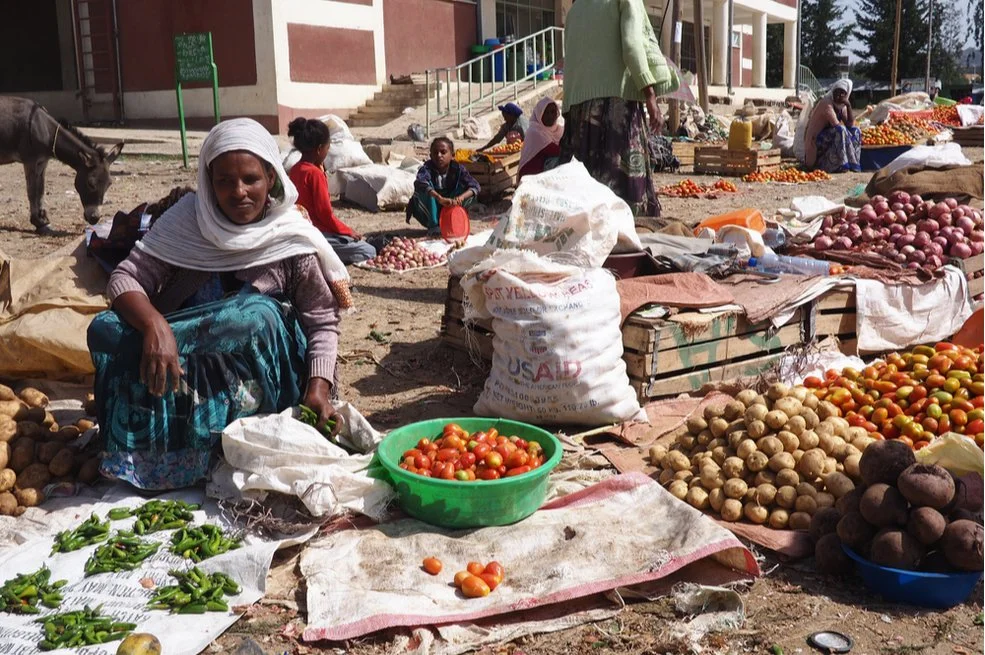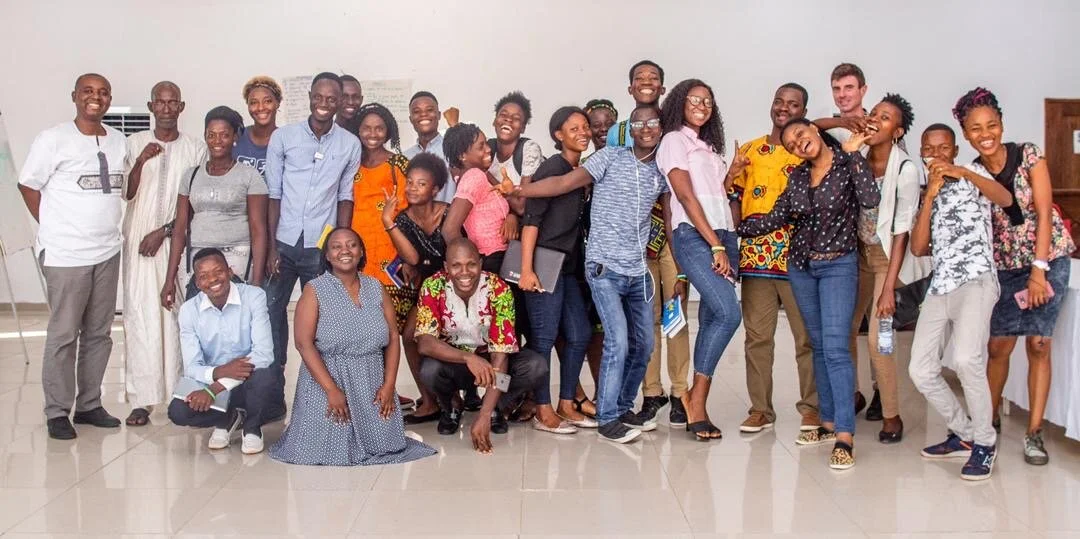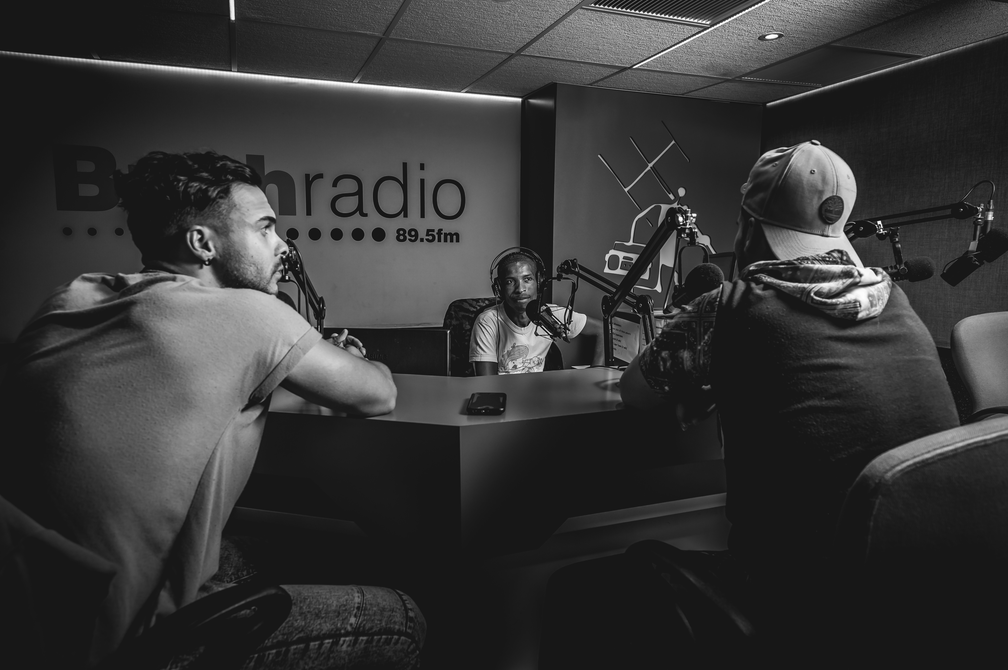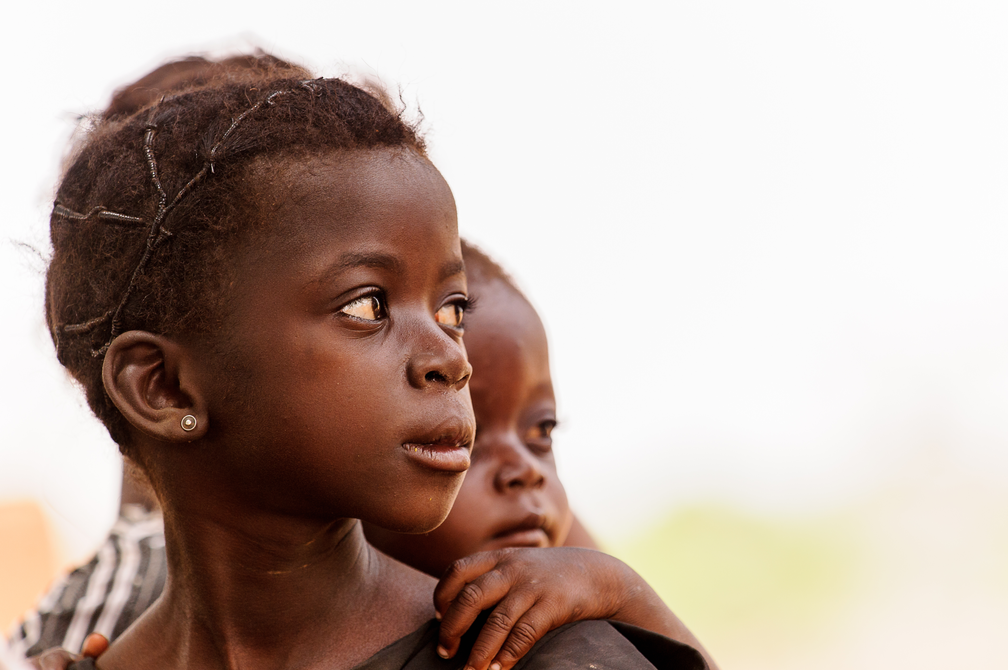
With half of Africa’s forests and water resources and the dazzling biodiversity of its sprawling rainforests, the Democratic Republic of Congo (DRC) is an environmental powerhouse.
In fact, its forests have been called the world’s “second lung” because they absorb so much carbon dioxide, a key weapon in the battle against climate change. With a rainforest second only to the Amazon, the Congo Basin is one of the most critical ecosystems on the planet. Its tropical forests include large expanses of virgin wilderness home to 10,000 types of tropical plants and hundreds of rare and endangered mammals, insects and plants, from leopards and chimpanzees to forest elephants and western lowland gorillas.
But this hub of biodiversity is threatened by rapid deforestation, poaching, pollution, conflict and spiraling climate change. Fires raging through savannahs “are licking at the edges of the rainforest,” according to Global Forest Watch. Although fires in central Africa are common during the fall, experts fear that less rainfall has made the forests are more vulnerable, igniting the out-of-control blazes that can race through the tropical forests.
Against this backdrop, a recent $1 million donation to support UCLA’s Congo Basin Institute from the Anthony & Jeanne Pritzker Family Foundation is especially timely. The funds are earmarked for research on sustainable solutions to food and water insecurity, climate change, biodiversity loss, public health issues and emerging diseases.
The foundation gives generously to education, medicine, community, and more recently, foster youth, but the environment may be its signature issue. Anthony Pritzer has donated millions to UCLA’s Institute of the Environment and Sustainability, which is a member of the Congo Basin Institute. He is also involved in the Santa Monica-based organization Heal the Bay, and gave $15 million in 2013 to fund research on urban sustainability. This latest environmental gift occurred during the Centennial Campaign for UCLA, which will conclude in December 2019.
“This forward-thinking investment in the Congo Basin Institute very much positions UCLA to be a leader in the study of climate change and biodiversity in Africa,” said Scott Waugh, UCLA’s former executive vice chancellor and provost, in a press statement. “The institute gives UCLA a permanent presence in one of the planet’s most biodiverse areas, allowing researchers the opportunity to pioneer solutions to critical challenges.”
Among other things, funds from the gift will be used to support UCLA undergraduates and graduate students studying and doing research in Africa. Boosting the Pritzkers’ donation was a $1 million matching grant from the Global Challenges Research Fund’s Research and Innovation Fund, which is overseen by the government of the United Kingdom.
A Challenging Environment
Over the past 20 years, the DRC has been a difficult environment for funders and nonprofits to operate in. It’s been the scene of a deadly on-and-off conflict—sometimes called “Africa’s first world war”—which has claimed the lives of 3 million to 6 million people since the 1990s.
With little help from the outside, refugees fleeing the armed conflicts have had to live off the land, which has in turn undermined forests and wildlife. Among other things, the search for wood and charcoal to use as fuel has caused widespread deforestation in Africa’s Virunga National Park, one of the most biologically diverse areas in the world. Palm oil plantations are another threat to the environment, straining forest and water resources.
Funders who are engaged in the DRC include the Gates Foundation and the Howard G. Buffett Foundation, which has given tens of millions of dollars to promote peace and economic development in the DRC, as we’ve reported. Among other things, the Howard G. Buffett Foundation has partnered with the DRC’s national parks authority and the U.K.-based Virunga Foundation to build hydroelectric plants in an effort to mitigate the country’s power problems, combat deforestation and create much-needed jobs.
Some foundations, such as the Wellcome Trust, have focused on saving lives in the DRC by funding development of the Ebola vaccine. Others, like the Gates Foundation and Save the Children Federation, have worked with displaced people in the DRC and other African countries, while the NoVo Foundation has taken on violence plaguing women in Congo. Bloomberg Philanthropies has supported efforts to improve women’s economic status in the DRC and Rwanda by investing in women and coffee farming (coffee growers in Africa are mostly smallholder farmers). The World Wildlife Fund helps protect critically endangered gorillas and other species, among other things, by promoting fuel-efficient, handmade cookstoves. And two environmental and anti-corruption activists in the DRC have received the Alexander Soros Foundation Award.
In a 2018 interview with Inside Philanthropy, philanthropist Howard Buffett said that foundations need a long-term vision to aid the DRC. “If you decide to work in a place like eastern DRC, where we work… then you have to expect you will work in the midst of conflict… Unfortunately, too many people pull out when the situation deteriorates. The stops and starts over time add up to very little. If you are going to go in and work there, find the organizations and individuals who will stay, working on long-term development ideas even when the situation worsens. The Congolese don’t get to leave.”
Funding a bridge from UCLA to Africa
The Congo Basin Institute (CBI) is definitely interested in the long term. Based in Los Angeles, it brings together climate scientists and other researchers from around the world. Created in 2015 in Cameroon by UCLA and the International Institute for Tropical Agriculture, CBI unites faculty from UCLA College as well as two UCLA research institutes, four schools and many academic departments. It also includes more than a dozen institutional partners from Africa and globally, including UC Davis and UC Riverside, as well as thought leaders from the U.S., Europe, Asia and Africa.
“Our foundation aims to enrich humanity not just for the present, but for generations to come,” said Tony Pritzker, the foundation’s president, and the chairman and CEO of Pritzker Private Capital. “By supporting UCLA’s Congo Basin Institute, we are investing in research that will help sustain the future of our planet.”
UCLA points out that the Congo Basin Institute’s work complements the goals of the university’s Sustainable L.A. Grand Challenge, an initiative to create clean energy, local water solutions, and preserve biodiversity in the Los Angeles region. The grand challenge? To transition the Los Angeles region to 100 percent renewable energy, 100 percent local water and a sustainable ecosystem by 2050.
With programs in five African countries, the institute hopes to create “a bridge between UCLA and Africa, which experts forecast will be home to 40 percent of the world’s population by the end of the century,” according to UCLA College.
A Berkeley, California-based independent philanthropic consultant from the Democratic Republic of Congo has some cautionary words for UCLA researchers, however.
“Public cynicism [among Congo residents] would most likely be one of their biggest challenges and a barrier that the researchers would probably face due to the fact that the area in which they are or will be operating in is one that carries deep-seated mistrust of the outside world,” says Chingwell Mutombu, who is also the co-founder of the Women Rising Legacy Project. “Congo Basin holds both the promise of a new future and potential for many scientific breakthroughs, and yet it is also a place that carries the scars of time past. It is a place where people have seen time and again their resources being diverted away from the community in the name of ‘research or international development.’
“The question is, how would UCLA Congo Basin Institute change that perception to gain trust from the local people?” Mutombu asks. “How would it position itself differently from previous international development efforts in the area? Their success helping protect the area would depend to some degree on UCLA’s ability to change perception through a new narrative. Although the work that the researchers will be carrying out is scientific in nature, to bring about the changes they hope will require social change.”






.jpg)
+(1).jpg)














.jpg)
.jpg)


